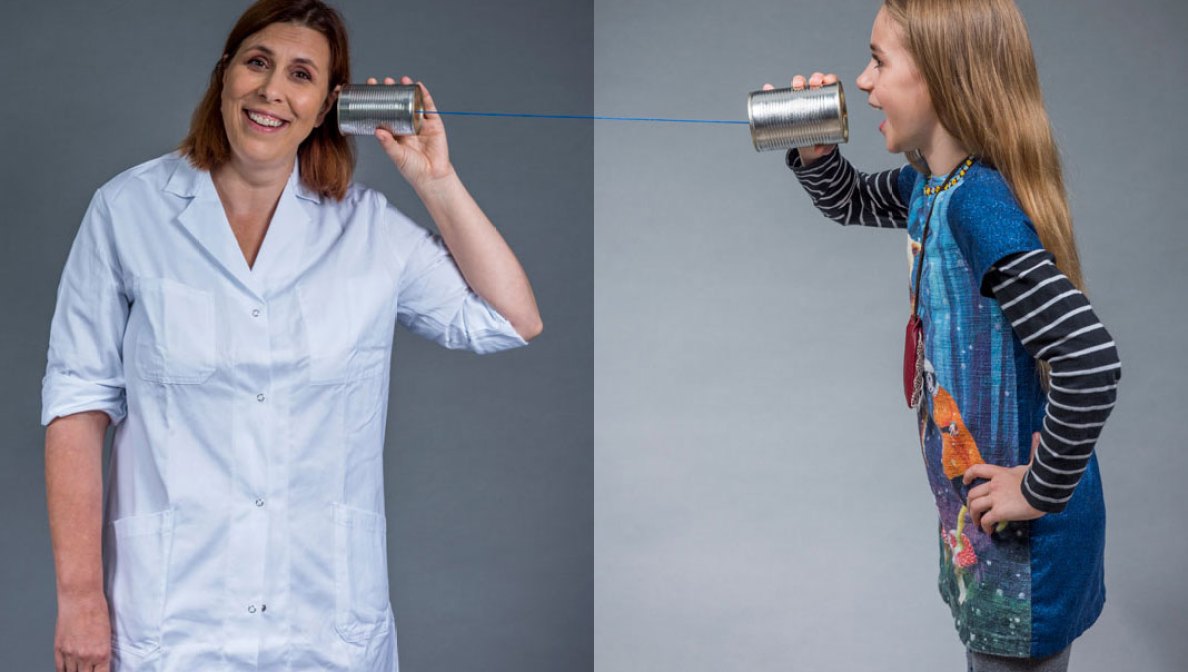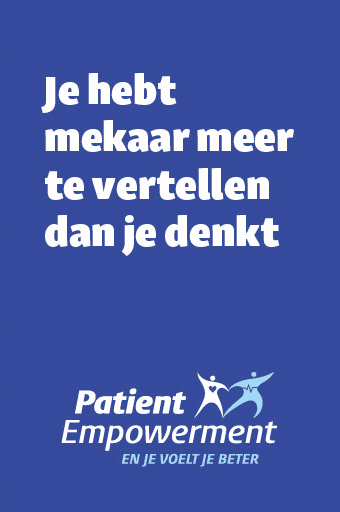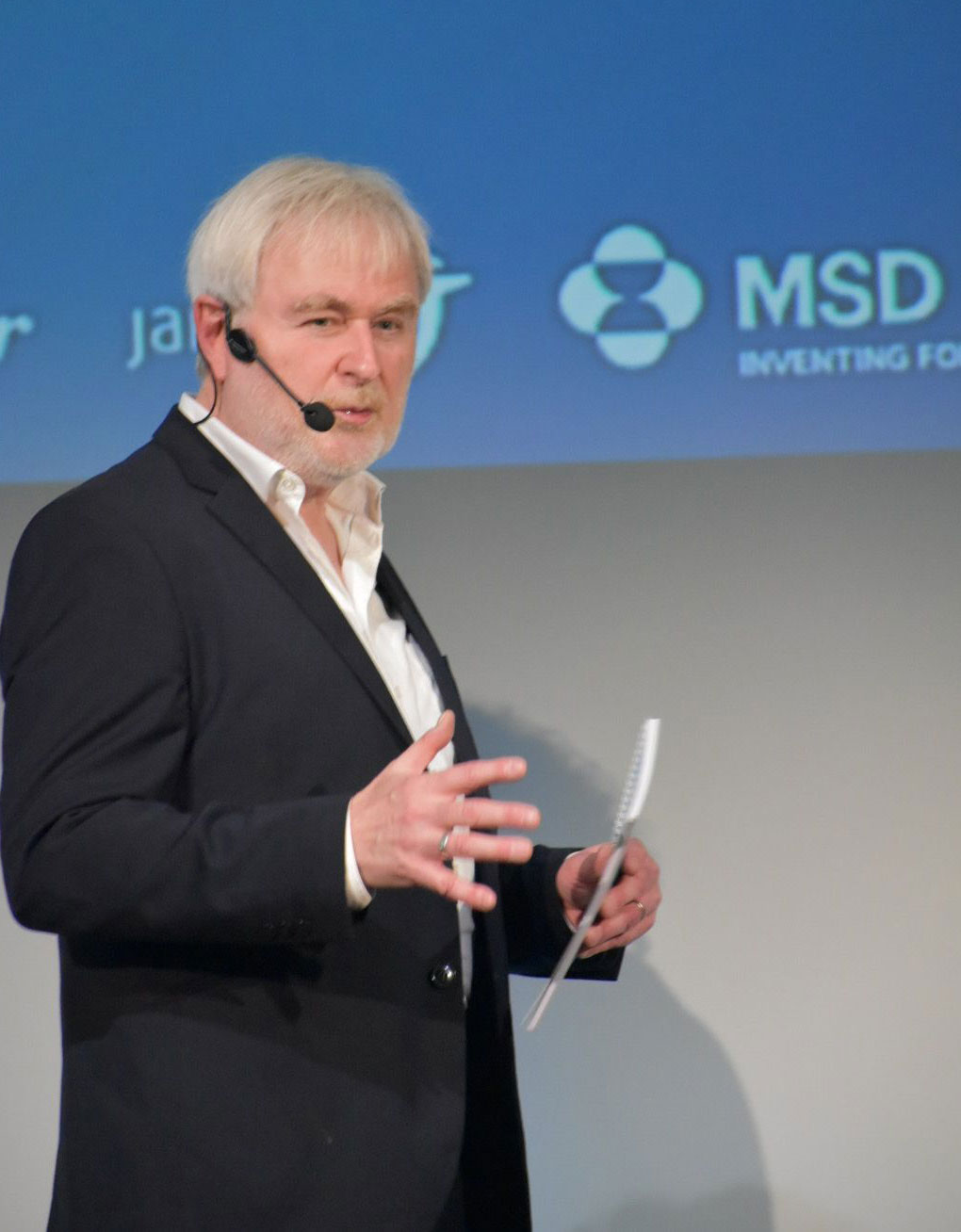MSD supports the non-profit organization “Patient Empowerment”, led by Prof. Eeckman
December 31, 2022

A person who falls ill loses their autonomy and independence. This can give rise to anger and frustration and even make the patient sicker. So, it is important not only to give the care recipient the best care but also to maintain, restore or even reinforce their sense of autonomy.
This is done through the way in which everyone involved in care communicates and interacts with the patient. In doing so, this also transcends the interpersonal relationship between the care recipient and care provider.

For example, at the reception desk in a hospital the patient may feel they are the passive recipient of treatment they must undergo. The complex bureaucracy of the healthcare system can also evoke this feeling. Respecting a sick person’s sense of autonomy therefore takes place on several levels and can only be successful if we all strive for and contribute to it together. ‘Together’ is therefore also a keyword within the daily functioning of the non-profit organization Patient Empowerment, of which Prof. Eeckman is the co-founder and current chairman.
Sustainability of the Patient Empowerment organization

“Without grant funding, Patient Empowerment cannot implement projects. The non-profit organization is looking for sustainable funding to help it run as efficiently as possible.
The partnership with MSD is essential. Moreover, MSD is a highly committed partner, which we greatly appreciate. Both organizations are working towards the same goal. After all, this is about a person’s well-being at perhaps the most vulnerable time in their life, namely when their health and sometimes their entire existence is threatened.”
Edgard Eeckman (Chairman)
Patient Empowerment is a high priority for MSD and PE. What does Patient Empowerment mean exactly?
Patient Empowerment is the process through which people gain greater control over decisions and actions affecting their health. The patient should be given the possibility of being in control of their own care process. The ultimate goal is for a patient to be well informed about what is happening to them, what can be done about their disease, the potential advantages and disadvantages of each treatment and as such, to be in a position to make a conscious decision in favor of a specific treatment and to consider this feasible. This results in a person who is sick being closely involved in what is happening to them during their personal treatment. They are as convinced of the importance of the treatment as the doctor. After all, they must both make decisions together. Once again, the word “together” pops up.

